
Nyagatare: Rwanda's Hidden Jewel
Nyagatare, a charming city nestled in the northeastern part of Rwanda, offers an authentic glimpse into the country's rural lifestyle. Known for its serene landscapes and warm hospitality, Nyagatare is an ideal destination for those looking to escape the hustle and bustle of urban life and immerse themselves in nature and culture. Nyagatare is surrounded by rolling hills and lush greenery, making it a picturesque spot for nature lovers. The city is close to Akagera National Park, which boasts a rich variety of wildlife, including elephants, lions, and rare bird species. A safari through the park is a must-do activity, offering a chance to see these magnificent creatures in their natural habitat. The city itself is a hub for agriculture, with vast fields of crops and livestock. Visitors can explore local farms, learn about traditional farming techniques, and even participate in some activities. The local markets are vibrant and full of fresh produce, handmade crafts, and friendly vendors, offering a true taste of Rwandan culture. Nyagatare is also home to several historical and cultural sites. The Nyirangarama cultural village provides insights into the traditional customs and practices of the local communities. The nearby hot springs of Nyabwishongwezi are a natural wonder and offer a relaxing retreat. With its combination of natural beauty, cultural richness, and warm community spirit, Nyagatare is a hidden jewel waiting to be discovered by intrepid travelers.
Local tips in Nyagatare
- Visit Akagera National Park early in the morning for the best chance to see wildlife.
- Bring cash for local markets as credit card facilities may not be widely available.
- Hire a local guide to explore the cultural sites and learn about the history and traditions.
- Pack comfortable walking shoes for farm visits and nature walks.
- Don't miss the hot springs of Nyabwishongwezi for a unique and relaxing experience.
Nyagatare: Rwanda's Hidden Jewel
Nyagatare, a charming city nestled in the northeastern part of Rwanda, offers an authentic glimpse into the country's rural lifestyle. Known for its serene landscapes and warm hospitality, Nyagatare is an ideal destination for those looking to escape the hustle and bustle of urban life and immerse themselves in nature and culture. Nyagatare is surrounded by rolling hills and lush greenery, making it a picturesque spot for nature lovers. The city is close to Akagera National Park, which boasts a rich variety of wildlife, including elephants, lions, and rare bird species. A safari through the park is a must-do activity, offering a chance to see these magnificent creatures in their natural habitat. The city itself is a hub for agriculture, with vast fields of crops and livestock. Visitors can explore local farms, learn about traditional farming techniques, and even participate in some activities. The local markets are vibrant and full of fresh produce, handmade crafts, and friendly vendors, offering a true taste of Rwandan culture. Nyagatare is also home to several historical and cultural sites. The Nyirangarama cultural village provides insights into the traditional customs and practices of the local communities. The nearby hot springs of Nyabwishongwezi are a natural wonder and offer a relaxing retreat. With its combination of natural beauty, cultural richness, and warm community spirit, Nyagatare is a hidden jewel waiting to be discovered by intrepid travelers.
When is the best time to go to Nyagatare?
Iconic landmarks you can’t miss
Nyungwe Forest National Park
Explore the breathtaking Nyungwe Forest National Park, a biodiversity hotspot in Rwanda, offering stunning landscapes and unforgettable adventures.
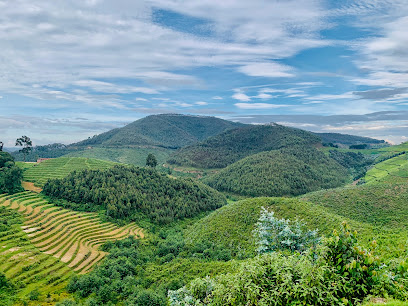
Ethnographic Museum
Explore the Ethnographic Museum in Butare for an in-depth look into Rwanda's rich cultural heritage and traditions.
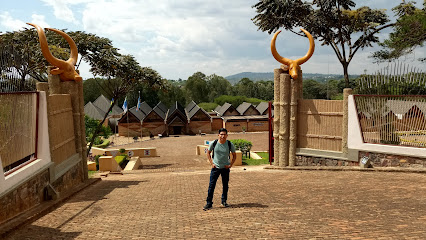
King's Palace Museum
Explore Rwanda's regal heritage at the King's Palace Museum, where royal history and culture come to life in stunning exhibits and serene gardens.
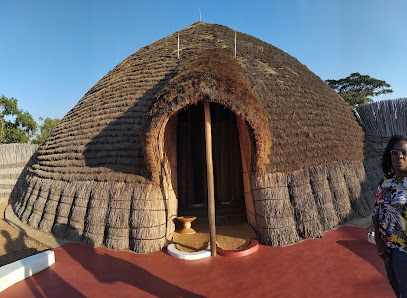
Bashana Companies & Imigongo Art Center
Immerse yourself in the unique blend of Rwandan coffee and Imigongo art at Bashana Companies & Imigongo Art Center in Kayonza.
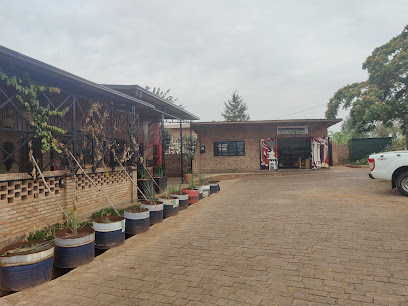
Rwanda Art Museum
Discover Rwanda's rich cultural heritage at the Rwanda Art Museum in Kigali, showcasing contemporary art and historical narratives in a stunning setting.
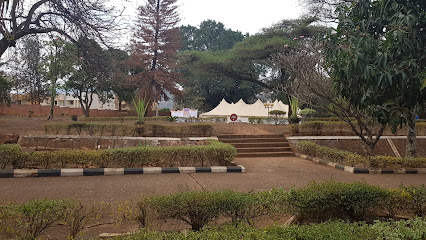
Mantis EPIC Hotel & Suites
Discover the luxury of Mantis EPIC Hotel & Suites in Nyagatare, Rwanda, where modern comfort meets traditional charm.
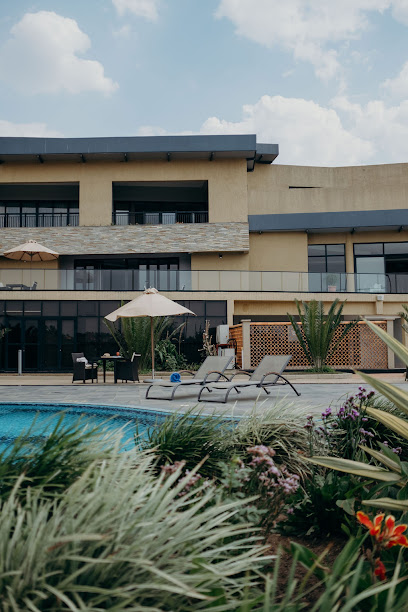
Intare Conference Arena
Explore the vibrant cultural heart of Rwanda at Intare Conference Arena, where modern architecture meets rich heritage in Kabuga.
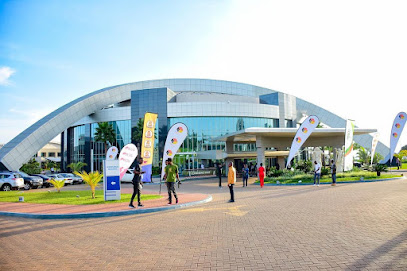
Belgian Peacekeepers Memorial
Explore the Belgian Peacekeepers Memorial in Kigali: a poignant tribute to those who served in the name of peace amidst Rwanda's tumultuous history.
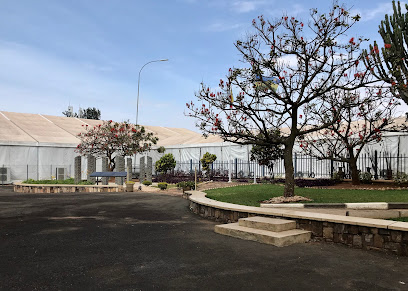
Nyagatare Diplomat Hotel
Experience the warmth of Rwandan hospitality at Nyagatare Diplomat Hotel, your perfect base for exploring Eastern Rwanda's natural beauty and culture.
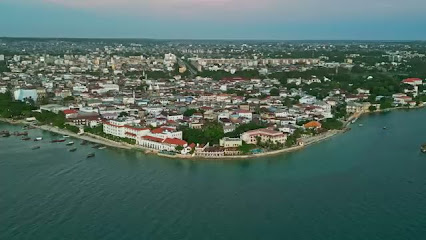
Ellen DeGeneres Campus of the Dian Fossey Gorilla Fund
Explore the Ellen DeGeneres Campus of the Dian Fossey Gorilla Fund in Kinigi, Rwanda, a vital hub for gorilla conservation and wildlife education.
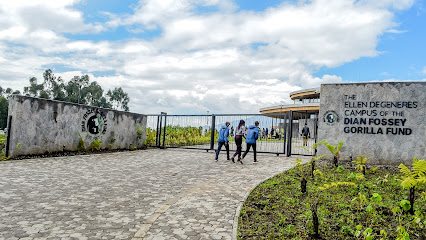
Nyamata Church Genocide Memorial
Discover the somber yet inspiring Nyamata Church Genocide Memorial, a vital site for understanding Rwanda's tragic history and honoring its resilient spirit.
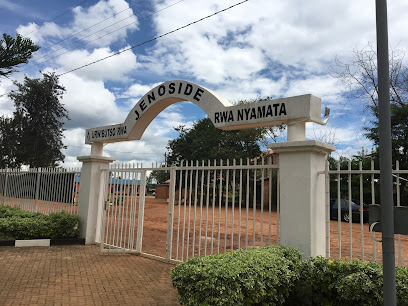
Gorilla Guardians
Experience the wonder of mountain gorillas at Gorilla Guardians, a premier tourist attraction in Rwanda dedicated to wildlife conservation and unforgettable adventures.
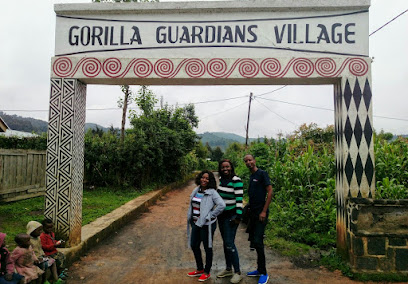
Umuvumba Riverside Lodge
Experience the serene beauty of Umuvumba Riverside Lodge in Nyagatare, Rwanda - a perfect retreat for nature lovers and peace seekers.
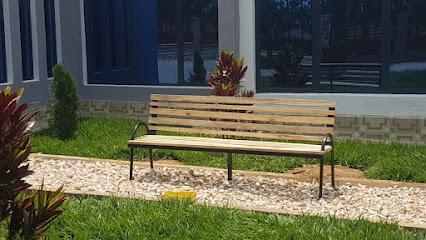
CEP Ur-Nyagatare campus
Discover the CEP Ur-Nyagatare Campus in Mutara - a vibrant hub of education and culture amidst Rwanda's stunning landscapes.
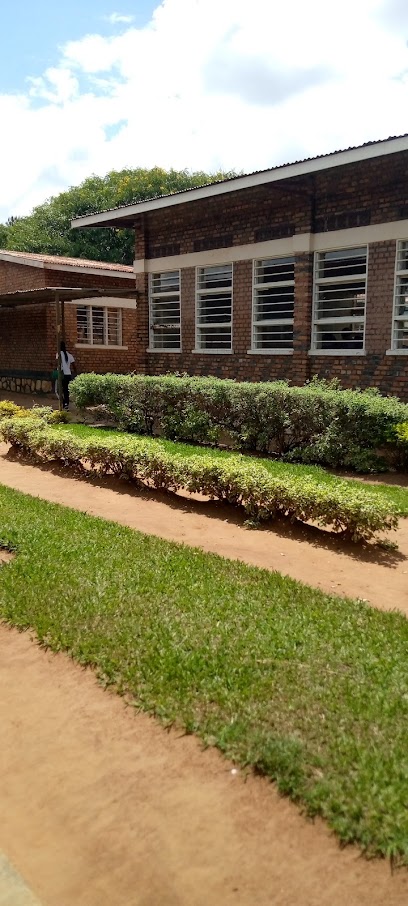
Mwima Mausoleum
Experience the serene beauty and cultural significance of Mwima Mausoleum in Nyanza, a hidden gem in Rwanda's rich heritage.
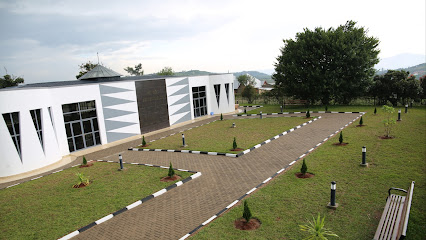
Unmissable attractions to see
Lake Bunyonyi
Experience the enchanting beauty of Lake Bunyonyi, Uganda's serene getaway for adventure, relaxation, and rich cultural exploration.
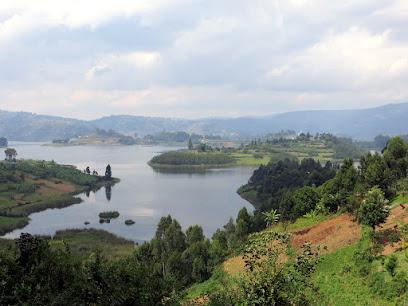
Umusambi Village
Experience the breathtaking beauty of Umusambi Village, a nature preserve dedicated to the conservation of the grey crowned cranes and Rwanda's diverse wildlife.
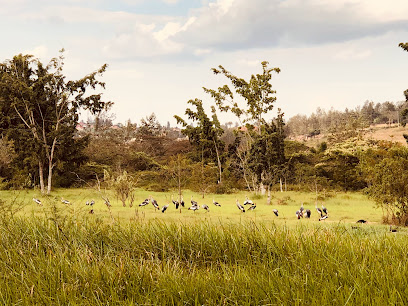
Akagera National Park North Gate (Exit Only)
Explore the breathtaking landscapes and diverse wildlife of Akagera National Park, Rwanda's premier safari destination for nature lovers and adventure seekers.
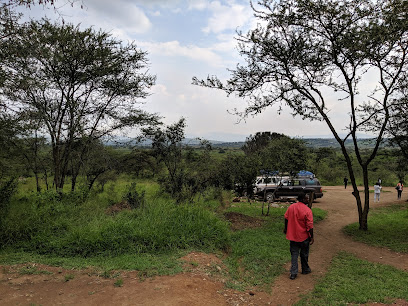
Gorilla naming place (Kwita izina - KinigiKong)
Experience the vibrant Kwita Izina gorilla naming ceremony in Rwanda, celebrating conservation and culture amidst the stunning landscapes of Volcanoes National Park.
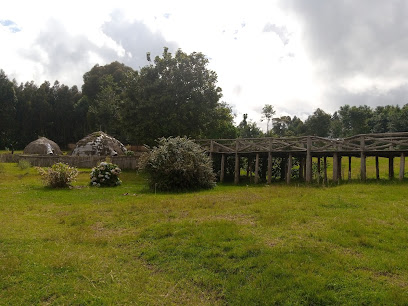
Ice Garden Kanombe
Explore Kigali's enchanting Ice Garden Kanombe, a tranquil escape filled with lush greenery, vibrant flowers, and picturesque settings for unforgettable experiences.
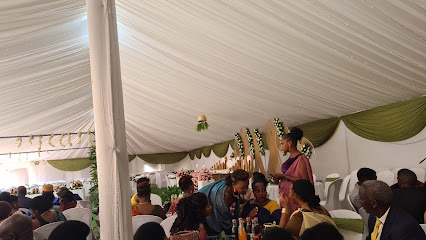
Mount Kabuye Private Camping Site by Beyond the Gorillas Exprience (Access is 20,000 for Mzungu and 10,000 for local))
Discover Mount Kabuye: A breathtaking camping site in Rwanda perfect for hiking, wildlife watching, and reconnecting with nature.
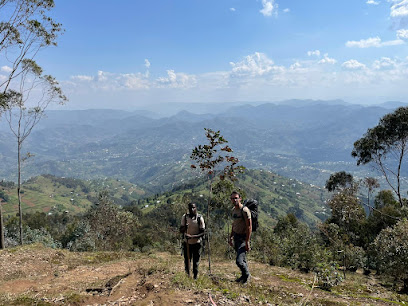
National Liberation Museum Park/Mulindi
Discover the National Liberation Museum Park in Byumba, where Rwanda's rich history and stories of resilience are beautifully presented.
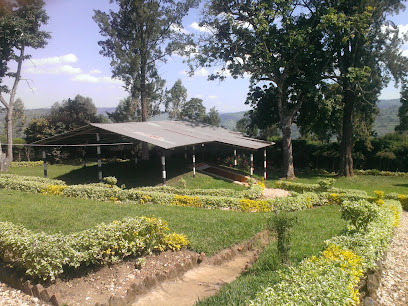
Akagera Community Tourism & Bike ride
Experience the stunning landscapes and vibrant culture at Akagera Community Tourism & Bike Ride in Rwanda, a perfect adventure for nature lovers.
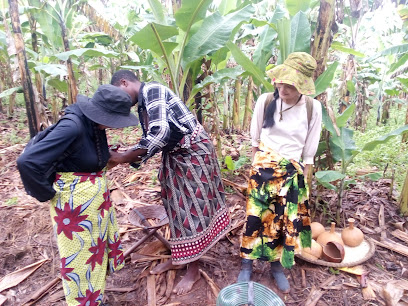
Kigali EcoPark & Culture Village Ltd
Explore the beauty of nature and immerse yourself in Rwandan culture at Kigali EcoPark & Culture Village, a must-visit attraction in Kigali.
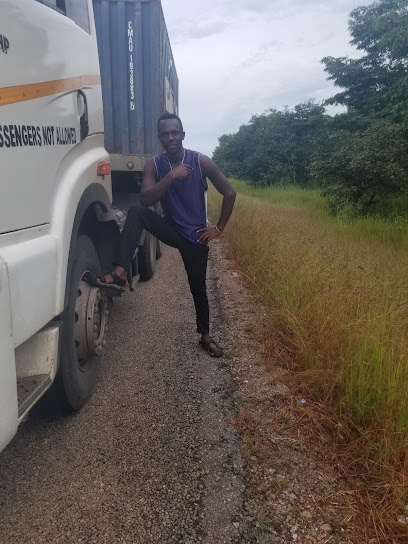
BOAT TO FRAMA ADVENTURES
Discover tranquility and adventure at Frama Adventures, a premier destination for boat rides on Lake Ruhondo, surrounded by Rwanda's stunning landscapes.
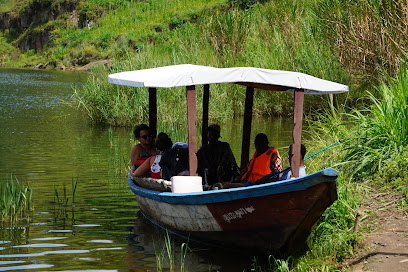
Rwanda Gorilla Safari
Experience the unforgettable thrill of trekking to see mountain gorillas in the stunning landscapes of Rwanda, a unique eco-tourism destination.
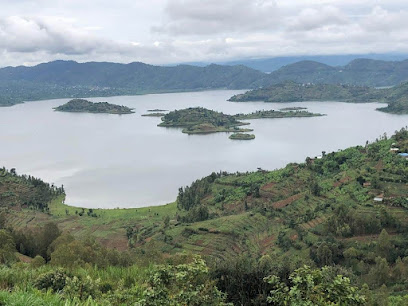
Rimba House of Fashion and Arts
Explore the vibrant fusion of traditional craftsmanship and modern design at Rimba House of Fashion and Arts in Ruhengeri, Rwanda.
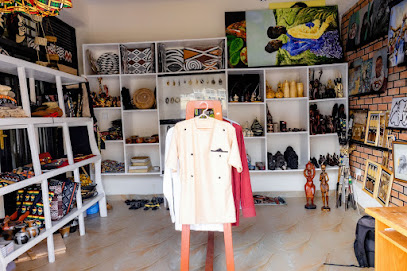
Samatare Caves
Discover the enchanting Samatare Caves in Rwanda, a natural wonder showcasing stunning geological formations and rich cultural history for an unforgettable experience.
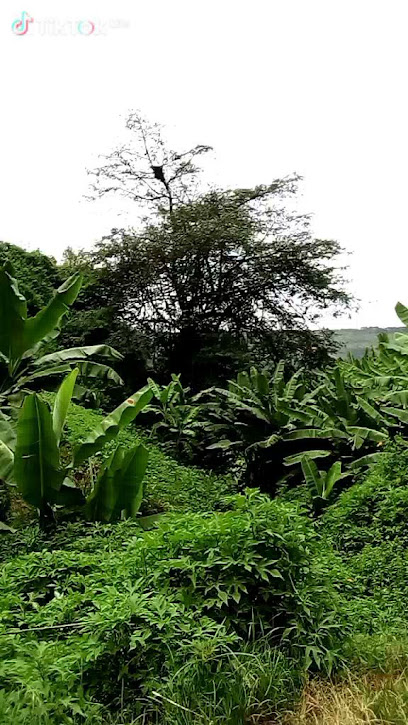
PEACE HAVEN ISLAND
Explore the serene beauty of Peace Haven Island in Ruhondo, Rwanda, a hidden gem for nature lovers seeking tranquility and breathtaking views.
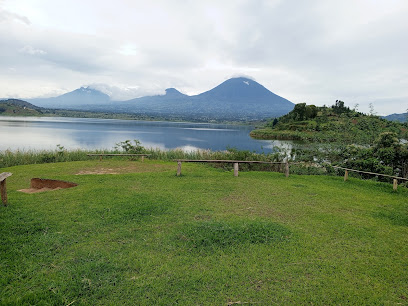
S & Friends Game Lodge
Discover the beauty of nature and wildlife at S & Friends Game Lodge, a serene retreat in Muhazi, Rwanda, ideal for adventure seekers and nature lovers.

Essential places to dine
The Hut Restaurant and Boutique Hotel
Discover exquisite Rwandan cuisine at The Hut Restaurant and Boutique Hotel in Kigali - where comfort meets culinary excellence.
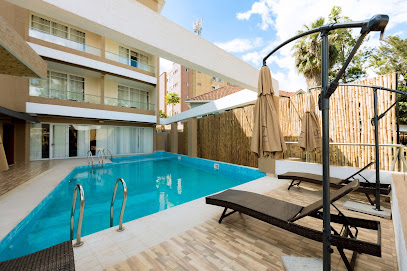
Mantis EPIC Hotel & Suites
Discover luxury at Mantis EPIC Hotel & Suites in Nyagatare - your ultimate escape into Rwandan hospitality with stunning views.
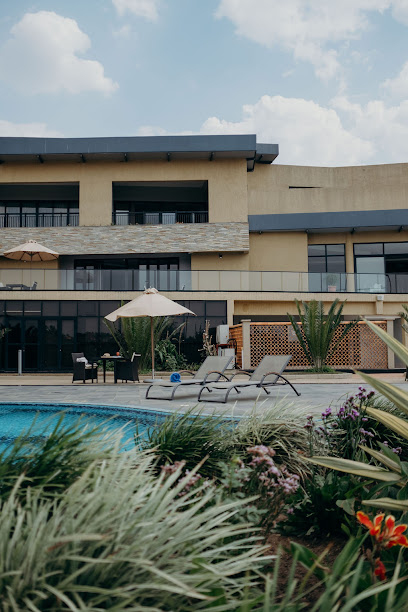
New Cactus
Experience the best of Rwandan cuisine fused with international flavors at New Cactus, Kigali's top dining destination.
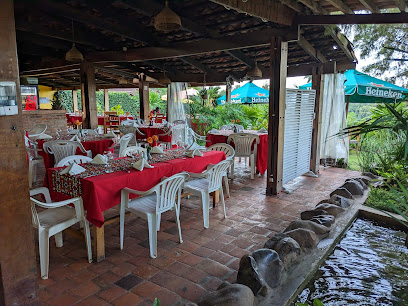
Nyagatare Diplomat Hotel
Discover comfort at Nyagatare Diplomat Hotel – your gateway to exploring Rwanda's vibrant culture and stunning landscapes.
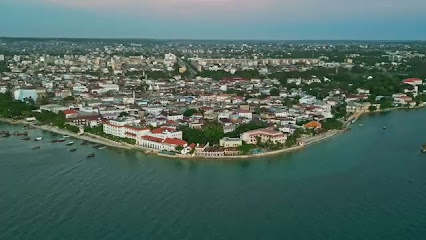
Brachetto Restaurant
Experience exquisite dining at Brachetto Restaurant in Kigali - where local flavors meet international cuisine in a stylish setting.
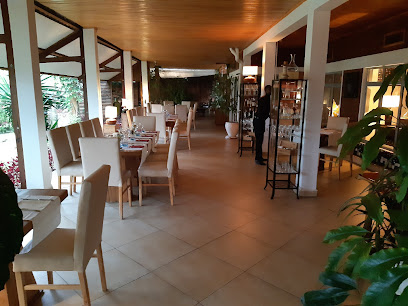
Afrinaija Pots Restaurant Rwanda (The top Nigerian/African Restaurant in kigali)
Discover the vibrant flavors of Nigeria at Afrinaija Pots Restaurant in Kigali - where authentic African cuisine comes alive.
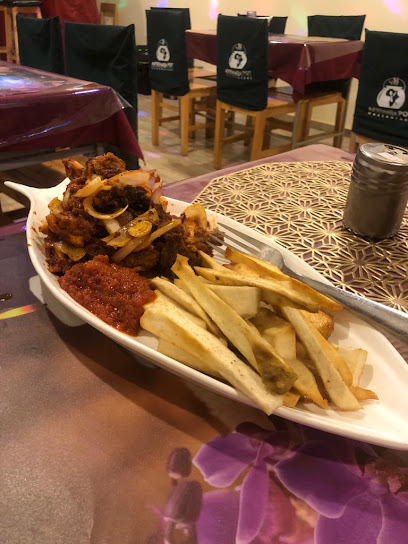
Kultura Fine Dining Restaurant
Discover exceptional flavors and sophisticated dining at Kultura Fine Dining Restaurant in Kigali – where every meal is a masterpiece.
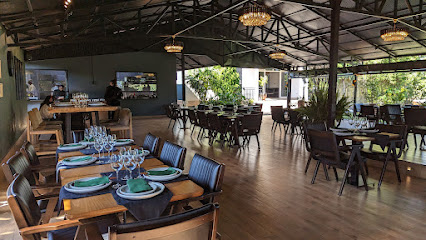
Nyurah
Discover fine dining at Nyurah in Kigali, where local flavors meet exquisite culinary artistry in an elegant setting.

Nice Garden
Experience authentic Rwandan cuisine in a tranquil setting at Nice Garden - your culinary oasis in Byumba.
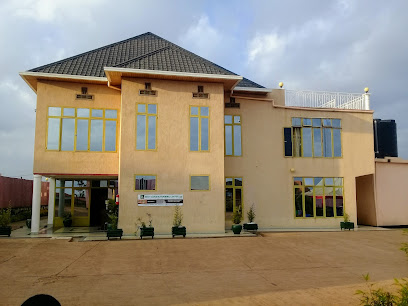
Kwa Chantal
Discover authentic Rwandan grill cuisine at Kwa Chantal in Rukomo - where tradition meets taste in every bite.
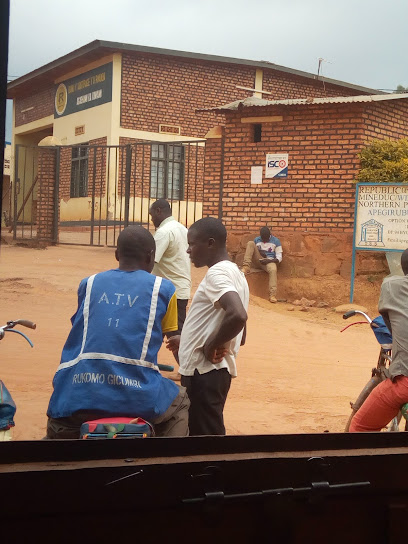
Bismillah Restaurant
Discover affordable dining at Bismillah Restaurant in Kabarore, where local flavors meet international cuisine in a warm atmosphere.
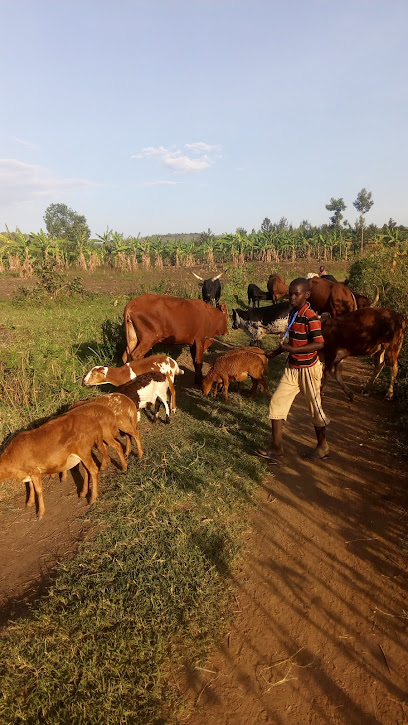
MbTC Hotel
Discover comfort and hospitality at MbTC Hotel in Nyagatare - your gateway to exploring Rwanda's stunning landscapes and rich culture.
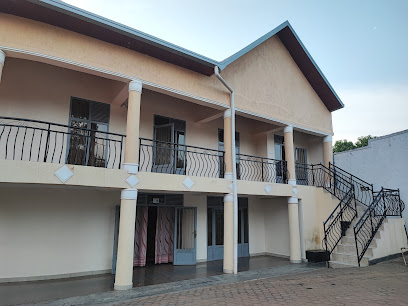
Dolce Vita Bar & Restaurant
Savor local Rwandan cuisine and international flavors at Dolce Vita Bar & Restaurant in Kabuga.
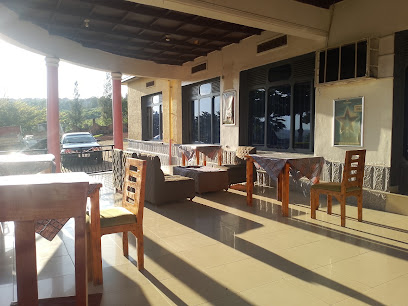
Building Life Restaurant
Discover authentic Rwandan cuisine at Building Life Restaurant in Gicumbi—where fresh ingredients meet warm hospitality.
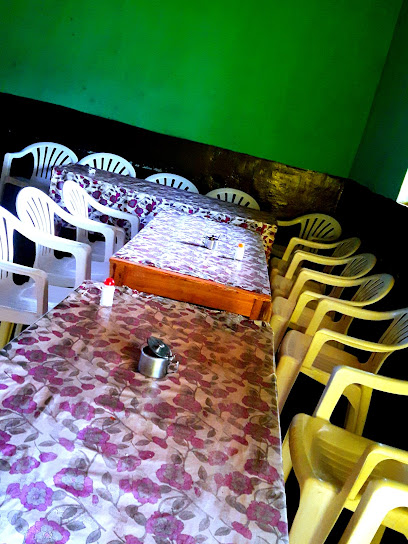
Kaawa Edge
Experience fine dining at Kaawa Edge with stunning views and exquisite local cuisine in Kigali's vibrant atmosphere.
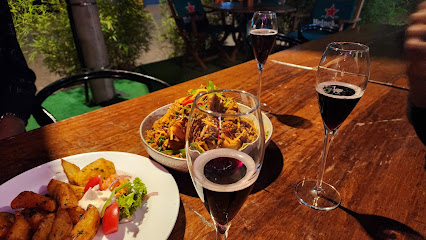
Markets, malls and hidden boutiques
Nyagatare Market
Experience the vibrant culture of Rwanda at Nyagatare Market, a bustling hub for local goods and authentic culinary delights.
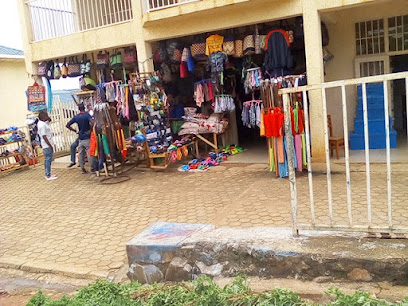
Rwimiyaga Market
Discover the vibrant Rwimiyaga Market in Nyagatare, a shopping haven filled with local crafts, fresh produce, and the essence of Rwandan culture.
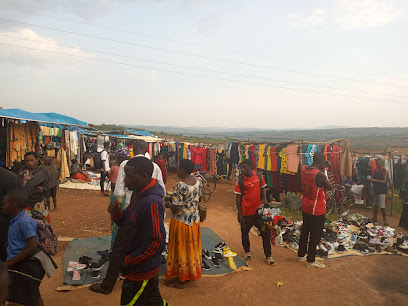
Makuza medium market
Explore Makuza Medium Market in Nyagatare for fresh produce, artisanal crafts, and an authentic taste of Rwandan culture.
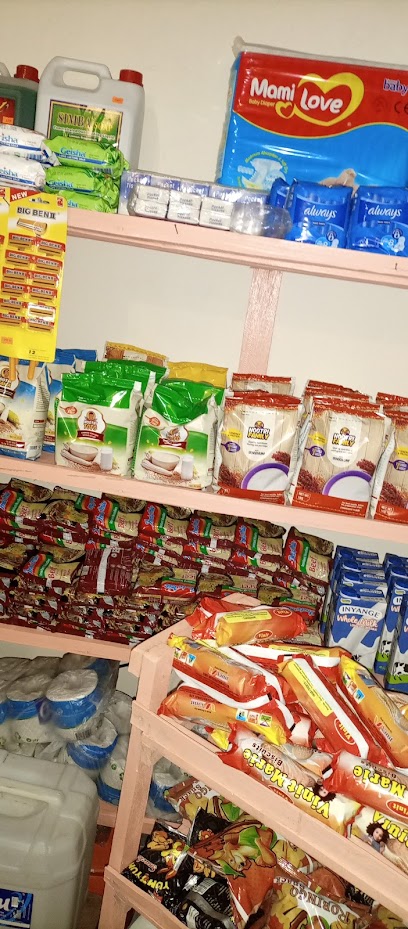
Karangazi Market
Discover the vibrant Karangazi Market, where local culture meets shopping in a colorful and lively atmosphere.
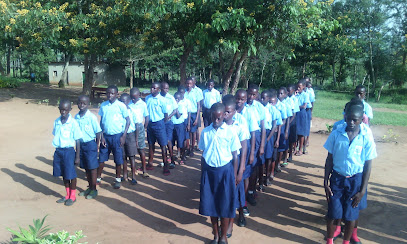
Nyakigando market
Experience the colors and flavors of Rwanda at Nyakigando Market, a lively shopping destination filled with local goods and cultural treasures.

Mango 4G Center Nyagatare
Explore Nyagatare with seamless connectivity at Mango 4G Center – your trusted internet service provider in Rwanda.
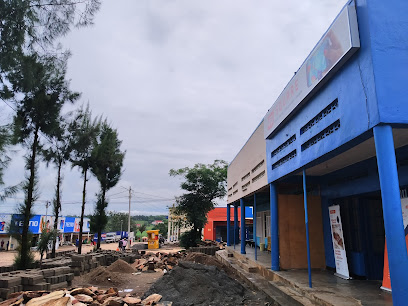
Cozy Chef
Discover the heartwarming atmosphere and rich flavors of Cozy Chef, Nyagatare's premier coffee shop, perfect for relaxation and socializing.
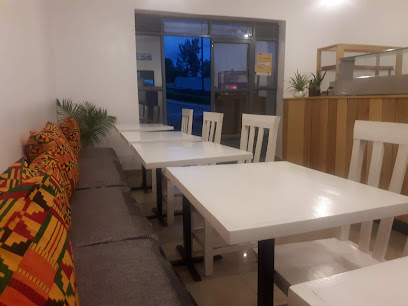
Italian Café restaurant and café
Discover the perfect blend of Italian flavors and local charm at Nyagatare's beloved Italian Café restaurant and café, your cozy retreat.
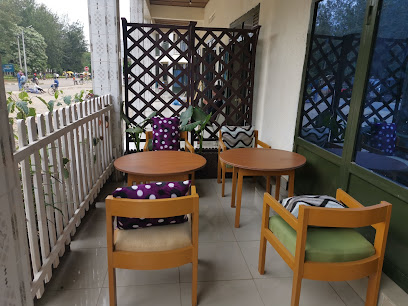
Kanguka
Explore Kanguka in Ryabega for a unique blend of local culture and modern electronics shopping in Rwanda.

Umutara Universe Palace
Experience the essence of Rwandan coffee culture at Umutara Universe Palace, a cozy coffee shop in the heart of Nyagatare.

Nyagatare Pharmacy Store
Discover the Nyagatare Pharmacy Store, your reliable stop for health essentials and wellness products in vibrant Nyagatare.

MIKA Pharmacy ltd
Explore Nyagatare with confidence—MIKA Pharmacy is your trusted source for health and wellness.

Shyirakera Shop
Discover the best electronic gadgets at Shyirakera Shop in Rwimiyaga, where quality meets local expertise and exceptional customer service.
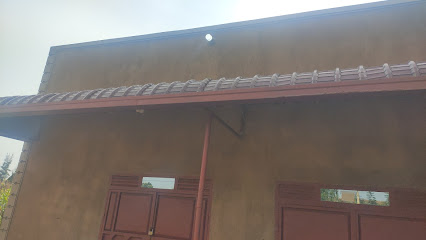
Nyabitekeri Market
Discover the vibrant Nyabitekeri Market, a shopping haven that offers a true taste of Rwandan culture and local craftsmanship.

Nyagatare Abbatory
Experience the vibrant culture of meat processing at Nyagatare Abbatory, a cornerstone of local agriculture and Rwandan culinary traditions.
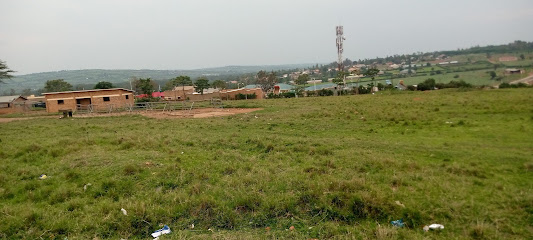
Essential bars & hidden hideouts
White Bar
Discover the vibrant nightlife at White Bar in Nyagatare, where locals and tourists unite for a night of fun and unforgettable memories.
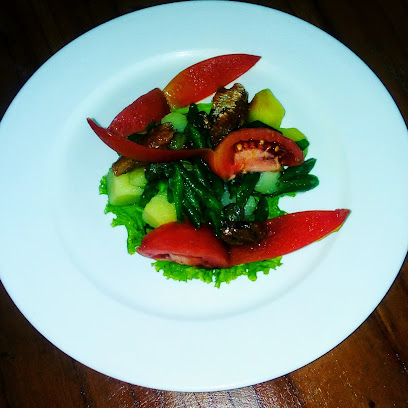
inyenyeri bar
Discover Inyenyeri Bar in Nyagahanga, where you can experience local drinks and the vibrant atmosphere of Rwandan culture.

Italian Café restaurant and café
Experience authentic Italian cuisine and aromatic coffee in the heart of Nyagatare, a cozy café perfect for relaxation and enjoyment.
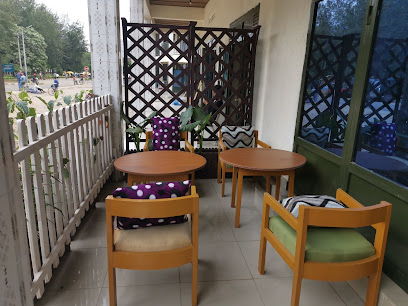
Rukara Guest Bar
Experience the vibrant atmosphere and local culture at Rukara Guest Bar, a perfect retreat for tourists in Rukomo.

The best bar nyamagumba
Experience the vibrant nightlife at Nyamagumba's best bar in Ruhengeri, where great drinks and lively atmosphere await.
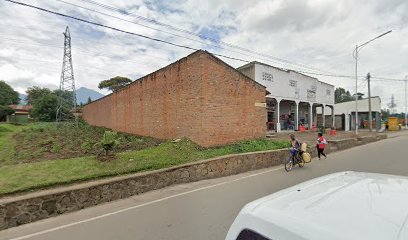
Ltalian coffee
Discover the authentic taste of Italy at Ltalian Coffee, where delicious cuisine meets a cozy atmosphere in Nyagatare.
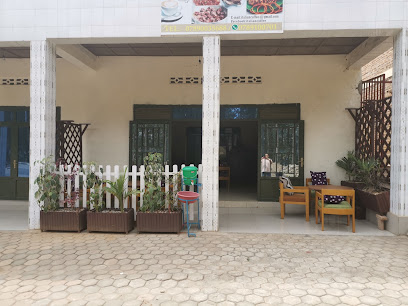
Bar Bahamas nyagatare chez bosco
Discover Nyagatare's nightlife at Bar Bahamas, a lively bar offering a taste of local drinks and vibrant social experiences.

Bamurange Fan
Discover the vibrant nightlife of Nyagatare at Bamurange Fan, where local drinks and hospitality await you.

MUKANOGO BAR
Experience the vibrant nightlife at Mukanogo Bar in Nyagatare, where local culture and lively atmosphere meet for an unforgettable evening.

Rendez Vous Bar (Chez Maga)
Experience the vibrant spirit of Nyagatare at Rendez Vous Bar, where local culture meets a lively atmosphere for an unforgettable night out.

Cyahafi bar
Discover the lively ambiance of Cyahafi Bar in Nyagatare, a must-visit destination for a taste of Rwandan nightlife.

Chez bebe
Experience the authentic taste of Rwandan cuisine at Chez Bebe in Nyagatare, a culinary delight for every traveler.

IMBERE HEZA BAR
Discover the vibrant nightlife of Nyagatare at IMBERE HEZA BAR, where great drinks and local culture come together.

Remy's bar
Experience the vibrant nightlife of Rwanda at Remy's Bar, where refreshing drinks meet local culture in a lively atmosphere.

Travel experiences inspired by this city
Explore more travel diariesLocal Phrases
-
- HelloMuraho
[moo-rah-ho] - GoodbyeMurabeho
[moo-rah-beh-ho] - YesYego
[ye-go] - NoOya
[oh-ya] - Please/You're welcomeKubaza
[koo-ba-za] - Thank youMurakoze
[moo-rah-ko-zay] - Excuse me/SorryNasuze
[nah-soo-zay] - How are you?Amakuru?
[ah-ma-koo-roo] - Fine. And you?Ni meza. Wowe?
[nee may-za. woh-way] - Do you speak English?Uravuga icyongereza?
[oo-rah-voo-ga ee-chon-ge-ray-za] - I don't understandSimbona
[see-mboh-nah]
- HelloMuraho
-
- I'd like to see the menu, pleaseNifashishije kureba menu, komeza
[nee-fa-shee-shee-jay koo-reh-ba meh-noo, koh-meh-zah] - I don't eat meatSiya inyama
[see-yah ee-nyah-mah] - Cheers!Amahirwe!
[ah-ma-heer-way] - I would like to pay, pleaseNifashishije kubonana, komeza
[nee-fa-shee-shee-jay koo-boh-nah-nah, koh-meh-zah]
- I'd like to see the menu, pleaseNifashishije kureba menu, komeza
-
- Help!Ubutware!
[oo-boo-twa-reh] - Go away!Jya kure!
[jy-ah koo-reh] - Call the Police!Sibyara Polisi!
[see-byah-rah po-lee-see] - Call a doctor!Sibyara dokotora!
[see-byah-rah doh-koh-toh-rah] - I'm lostNzitonda
[n-zee-ton-dah] - I'm illNzira
[n-zee-rah]
- Help!Ubutware!
-
- I'd like to buy...Nifashishije gutanga...
[nee-fa-shee-shee-jay goo-tahn-gah] - I'm just lookingNjye ndagenda nkubura
[n-jyay in-dah-gain-dah in-koo-boo-rah] - How much is it?Ni ndayihe?
[nee in-dah-yee-hay] - That's too expensiveIyo niyahe cyane
[ee-yoh nee-yah-hay chyan-ay] - Can you lower the price?Wigeze gukataha?
[wee-geh-zay goo-kah-tah-ha]
- I'd like to buy...Nifashishije gutanga...
-
- What time is it?Saa ngapi?
[sah ngah-pee] - It's one o'clockSaa irahenda
[sah ee-rah-hen-dah] - Half past (10)Saa kumi n'igice
[sah koo-mee nee-gee-chay] - MorningMugitondo
[moo-gee-ton-doh] - AfternoonMugirango
[moo-gee-ran-goh] - EveningMugitondo
[moo-gee-ton-doh] - YesterdayEjo
[ay-joh] - TodayEjo
[ay-joh] - TomorrowEjo
[ay-joh] - 1Rimwe
[ree-mwe] - 2Kabiri
[kah-bee-ree] - 3Gatatu
[gah-tah-too] - 4Kane
[kah-nay] - 5Gatanu
[gah-tah-noo] - 6Gatandatu
[gah-tan-dah-too] - 7Karindwi
[kah-reen-dwee] - 8Umunani
[oo-moo-nah-nee] - 9Icyenda
[ee-chyen-dah] - 10Icumi
[ee-choo-mee]
- What time is it?Saa ngapi?
-
- Where's a/the...?Abo nihe...?
[ah-bo nee-hay] - What's the address?Aho ahabanza?
[ah-hoh ah-ha-ban-zah] - Can you show me (on the map)?Wigeze kundika (ku mapi)?
[wee-geh-zay koon-dee-kah (koo mah-pee)] - When's the next (bus)?Igihe cya kabiri?
[ee-gee-hay chyah kah-bee-ree] - A ticket (to ....)Igice (kuri ....)
[ee-gee-chay (koo-ree ....)]
- Where's a/the...?Abo nihe...?
History of Nyagatare
-
Before the arrival of colonial powers, Nyagatare was part of the larger region inhabited by the Banyarwanda people. The area was primarily occupied by pastoralist communities who engaged in cattle herding. These communities had established social structures and practices, deeply rooted in the traditions and customs of the Banyarwanda.
-
In the late 19th century, Rwanda became part of German East Africa. Nyagatare, along with the rest of Rwanda, was subjected to German colonial administration. Although the Germans had limited direct influence in the area, they began to establish administrative posts and attempted to integrate Nyagatare into their colonial framework.
-
Following World War I, Rwanda came under Belgian control as part of the League of Nations mandate. The Belgians introduced new administrative structures and policies, including the promotion of cash crops and the imposition of taxes. Nyagatare saw the establishment of administrative centers and an increase in agricultural activities during this period.
-
Rwanda gained independence in 1962, and Nyagatare began to experience significant changes. The new Rwandan government focused on rural development, and Nyagatare benefited from various agricultural and infrastructural projects. The construction of roads, schools, and healthcare facilities contributed to the growth and modernization of the area.
-
During the Rwandan Civil War from 1990 to 1994, Nyagatare was strategically significant. It was a base for the Rwandan Patriotic Front (RPF) and played a crucial role in their military operations. The area's proximity to Uganda made it an important logistical and supply route for the RPF forces.
-
Following the 1994 Rwandan Genocide, Nyagatare, like the rest of the country, faced immense challenges in rebuilding. The government initiated various programs to promote reconciliation, economic recovery, and social development. Nyagatare saw a resurgence in agricultural activities and infrastructural development, contributing to its recovery.
-
Today, Nyagatare is one of Rwanda's fastest-growing districts. It is known for its vibrant agricultural sector, particularly in dairy farming and crop production. The district has also become a hub for education and healthcare services, with numerous schools and medical facilities serving the local population. Nyagatare's strategic location near the border with Uganda makes it a key player in cross-border trade and regional integration.
Nyagatare Essentials
-
Nyagatare is situated in the northeastern part of Rwanda. The nearest international airport is Kigali International Airport, located about 160 kilometers away. From Kigali, you can hire a private taxi or take a bus to Nyagatare. The drive typically takes around 3 to 4 hours. Several bus companies operate daily routes between Kigali and Nyagatare, providing an affordable and convenient option for travelers.
-
In Nyagatare, local transportation options include taxis, moto-taxis (motorcycle taxis), and buses. Taxis are available but can be more expensive than moto-taxis, which are a popular and cost-effective way to get around town. For longer distances, buses connect Nyagatare with other cities and towns in Rwanda. Renting a car is also an option if you prefer to explore at your own pace, but be aware that road conditions can vary.
-
The official currency in Rwanda is the Rwandan Franc (RWF). While some hotels and restaurants may accept credit cards, it's advisable to carry cash, especially when visiting smaller establishments and markets. ATMs are available in Nyagatare, but it is a good idea to withdraw sufficient cash in Kigali before traveling. Currency exchange services are available at banks and some hotels.
-
Nyagatare is generally considered safe for tourists, but standard precautions should always be taken. Avoid walking alone at night and keep an eye on your belongings in crowded areas. While Nyagatare does not have specific high-crime areas targeting tourists, it's important to remain vigilant and aware of your surroundings. Always use reputable transportation services and avoid displaying valuables openly.
-
In case of an emergency, dial 112 for immediate assistance. Nyagatare has local police stations and medical facilities to address emergencies. It is highly recommended to have travel insurance that covers medical emergencies. Pharmacies are available in the town for minor health issues, where you can purchase over-the-counter medications.
-
Fashion: Do dress modestly, especially in rural areas and when visiting religious sites. Avoid wearing revealing clothing. Religion: Do respect local customs and traditions. Always show respect when visiting churches and avoid disruptive behavior. Public Transport: Do be courteous and offer your seat to elderly passengers. Don’t eat or drink on public transport. Greetings: Do greet people with a handshake and a smile. A slight bow of the head is also a sign of respect. Eating & Drinking: Do try local dishes and accept food offerings graciously. Don’t refuse hospitality, as it is considered impolite.
-
To experience Nyagatare like a local, visit the town’s vibrant markets where you can buy fresh produce and traditional Rwandan goods. Engage with locals, as they are often friendly and willing to share stories about the area’s history and culture. Don’t miss visiting the Nyagatare District Museum to learn more about the region's heritage. For a unique experience, explore the Akagera National Park, which is a short drive away and offers spectacular wildlife viewing opportunities.
Trending Landmark in Nyagatare
-
Nyungwe Forest National Park
-
Ethnographic Museum
-
King's Palace Museum
-
Bashana Companies & Imigongo Art Center
-
Rwanda Art Museum
-
Mantis EPIC Hotel & Suites
-
Intare Conference Arena
-
Belgian Peacekeepers Memorial
-
Nyagatare Diplomat Hotel
-
Ellen DeGeneres Campus of the Dian Fossey Gorilla Fund
-
Nyamata Church Genocide Memorial
-
Gorilla Guardians
-
Umuvumba Riverside Lodge
-
CEP Ur-Nyagatare campus
-
Mwima Mausoleum
Nearby Cities to Nyagatare
-
Things To Do in Kigali
-
Things To Do in Ruhengeri
-
Things To Do in Mbarara
-
Things To Do in Nyamata
-
Things To Do in Muhanga
-
Things To Do in Rubavu
-
Things To Do in Gisenyi
-
Things To Do in Karongi
-
Things To Do in Kibuye
-
Things To Do in Kirundo
-
Things To Do in Butare
-
Things To Do in Bukoba
-
Things To Do in Muyinga
-
Things To Do in Ngozi
-
Things To Do in Masaka






